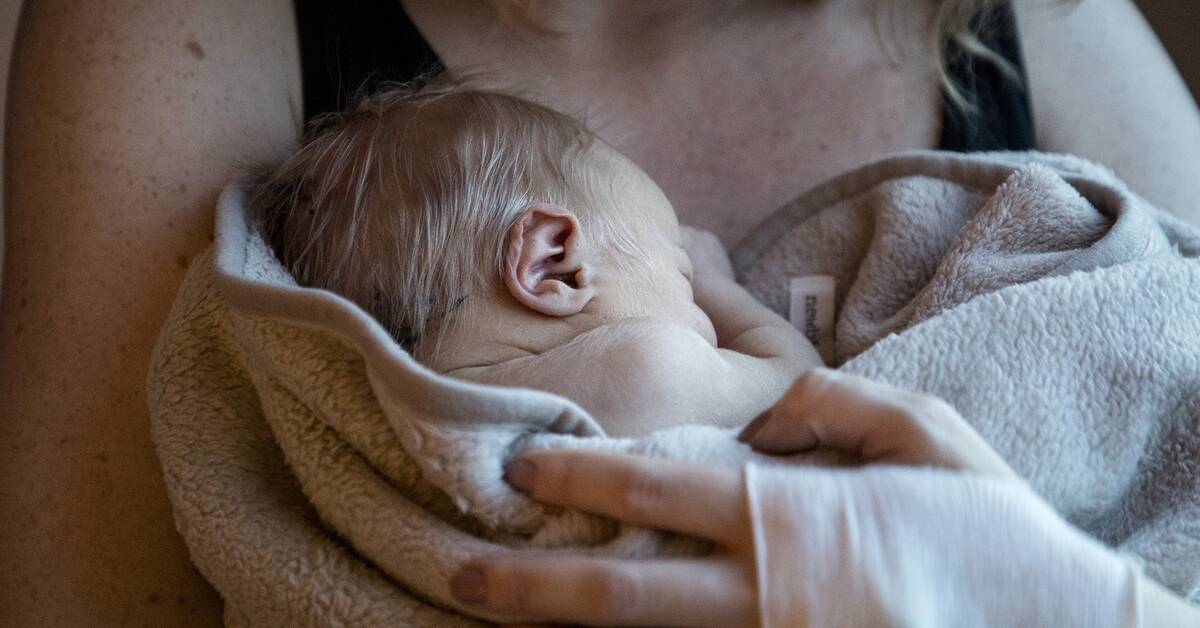Researchers in Australia believe they have found a marker that shows which children are at risk of dying in sudden infant death syndrome.
According to a new study published in The Lancet, those children who die appear to be deficient in an enzyme, butyrylcholinesterase, BChE.
By measuring the content of the substance in newborns, it is hoped to be able to identify children at risk.
When researchers at the Children's Hospital at Westmead in Australia analyzed 722 newborn blood samples, they found that children who died in sudden infant death had lower levels of BChE, compared with both healthy children and children who died of other causes.
"May soon be history"
The theory is that infants who have a deficiency of the enzyme do not wake up during respiratory arrest but die instead.
In normal cases, the child wakes up because the oxygen content drops and then starts breathing again.
"We have long suspected this, but until now we have not understood what makes these children not wake up again.
Now that we know that BChE is involved, sudden infant mortality can soon be history ", says Carmel Harrington, one of the doctors behind the study in a press release.
Test within five years
The new findings can hopefully lead to the identification of the children who are at risk of dying in sudden infant mortality with a blood test where the content of BChE is measured.
Within five years, they hope to have such a test ready, the researchers write in the press release.
However, it is emphasized that more research is needed before the link between BChE deficiency and sudden infant death can be established.

